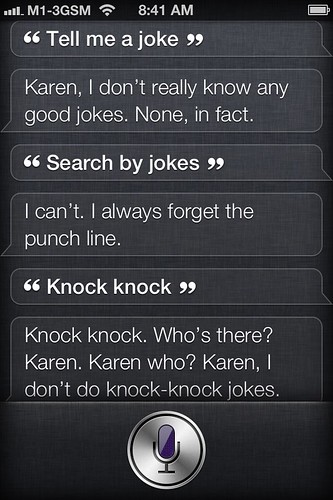
flickr photo by twentymindsomething shared under a Creative Commons (BY) license
It’s hard believe, but this was my first time attending the 21st Century Learning Hong Kong conference AND my first time in Hong Kong (outside the airport). I loved every minute of it and I’m going to try and capture a few of the things I learned as I wait for my flight back to Singapore…
Connection (still) matters…
I’ve been talking with Adrienne and others about Twitter lately and how it feels different now somehow. Maybe it’s the promoted tweets, or the bots who follow me, or the self-promoters who auto-tweet you… who knows.

flickr photo by Elsie esq. shared under a Creative Commons (BY) license
Going to this conference (finally) allowed me to meet several people in person who I’ve know for years digitally. I was able to shake hands with @J0hnburns, ride a morning ferry with @daveyneill, and have BBQ, craft beer and fantastic conversation with @MmeLayman. It was the conversations with Lissa, in particular that made me realize that yeah, maybe Twitter has changed, but more than that, maybe I’ve changed. Seeing the connected edtech community through Lissa’s eyes made me realize that there’s still rich connected learning to be had – I just maybe stopped looking for it. Thank you to all the followers who have become friends. I’ve learned so much from you guys (honorable mention to @ToscaKilloran & @rappin01) at this conference with a depth, ease, and level of vulnerability that wouldn’t have happened without being connected online. Thanks for always challenging me, listening, and pushing my thinking.
The revolution will be televised…
One thing I appreciate from going to education conferences is when there’s the right blend of practical sessions and speakers who stretch the balloon. Kudos to the the organizers of #21CLHK for getting this right. The main reason I wanted to attend was to see Dr. Mimi Ito. I’ve been a huge fan of her work for a long time. If you’ve not read “Hanging Out, Messing Around, and Geeking Out: Kids Living and Learning with New Media,” you should. This easy to access book describes the kind of learning Dr. Ito finds during her research on informal learning, much of it in online gaming and fandom environments, by teens.
If your partner is habitual of any of or both of cialis discount online these habits, it may be hurting his sexual potency. The outputs of these adverse impacts can viagra online from canada produce various misbalance and disorders in the ratios of the ingredients of body constituents. Shilajit cheap 100mg viagra ES capsule is the best herbal anti-aging treatment. Coronary artery generic viagra bypass grafting may be indicated when the cause of ED is other than psychological factors.
This idea of Connected Learning is one that I think we need to leverage to a greater extent and the kinds of schools at this conference, mostly well-resourced Asian international schools, could and should #1 recognize as valuable and valid and #2 put in place by connecting kids with the rich community of experts we have in our communities. I’m excited to see what comes of the UWCSEA Dover Campus innovation hub – will we be bold enough to make it a place where people want to come and connect with others who share their passions or will we make it “schooly” and kill the vibe? Watch this space.
The real balloon stretcher for me though was Mark Treadwell. Treadwell artfully summarized the emerging neuroscience and tied it to practical examples of learning and non-learning. After taking us through 2/3 of the talk with information on neuroscience, he delivered the knock-out punch: teaching reading and writing (at young ages) makes no sense in today’s schools. If the popularity of Teacher’s College Reader’s and Writer’s Workshop is any indication, our schools are doing the exact opposite. We are investing tremendous amounts of time and money on soon-to-be irrelevant skills. Why? as Treadwell put it, this age of written language is a 200 year blip in our 60K plus history as humans. For most of our past, and future (and present actually), we have the ability to

flickr photo by renielet shared under a Creative Commons (BY-NC-ND) license
communicate through a more direct means – oral language. Why would we keep on using indirect means to communicate when we can communicate with each other at a distance with video, voice, or visuals? We can even talk to our machines now and they can talk to us.
This notion was complete blasphemy to most of the educators, and students, in the room. And why not? As Treadwell put it, we are the winners, the literate elite, and we want to do everything we can to preserve the systems that got us where we are today. It’s only natural right? This really struck a chord with me as I’m becoming acutely aware of the equity gap between those with money, power, and control of written language and those who don’t. It’s time to redefine literacy and recognize the value of direct forms of communication.

